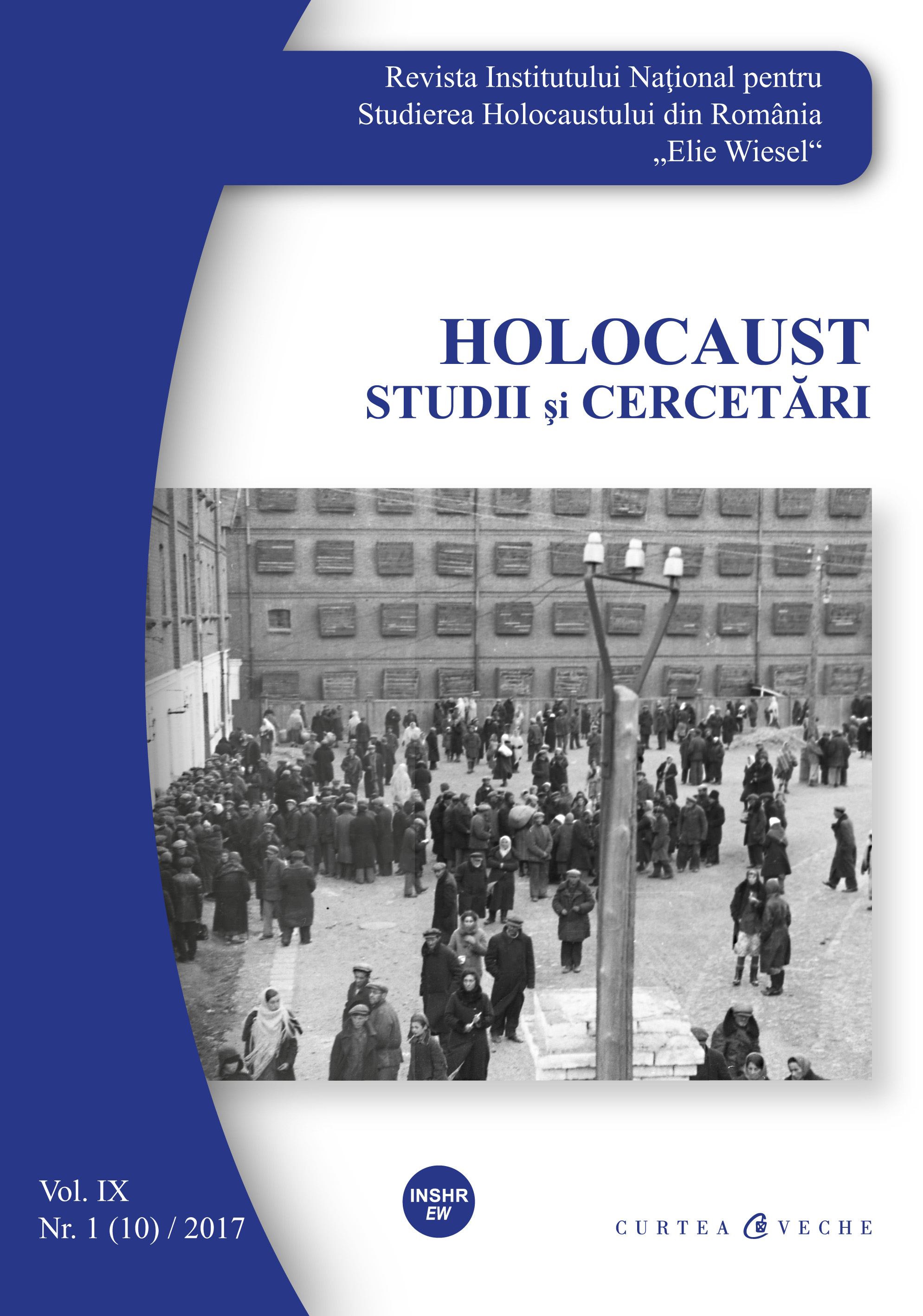Contrasting Education Policies regarding the Holocaust and World War II in East Germany and Romania. A Schoolbooks Comparison
Contrasting Education Policies regarding the Holocaust and World War II in East Germany and Romania. A Schoolbooks Comparison
Author(s): Tim Kucharzewski, Silvia‑Lucretia NicolaSubject(s): History
Published by: Institutul National pentru Studierea Holocaustului din Romania ELIE WIESEL
Keywords: Holocaust; Romania; Germany; textbooks; communism
Summary/Abstract: This study compares the education policies regarding the Holocaust and the Second World War in the German Democratic Republic and Romania starting with the communist times(1948‑1989) and continuing up to the present. In order to do so, the article contrasts history textbooks and other curricular materials. Throughout the analysis, several phases of the process of Dealing with the Past have been identified for both cases. Some of the phases during the communist times have shown a broad spectrum of similarities between the two case studies, due to the comparable political, societal and ideological paradigms of the respective regimes, which had profoundly coined the historiography in use. Notable differences are registered with regard to the initial individual phase of history teaching in the 1950s, where the GDR, for (geo‑)political reasons, tackled the topic of the Holocaust,even if only in ideologically tainted terms in order to expose West Germany as the allegedly only successor state of the Third Reich. Holocaust atrocities are, on the other hand, almost entirely absent in the Romanian textbooks of the same period. Another striking difference became evident during the transitional phase from communism to democracy. While East Germany had to immediately integrate into the Federal German educational paradigms regarding the Holocaust, Romania struggled with different contentious transitional phases,before acknowledging the involvement of the nation in the crimes of the Holocaust. The study concludes with recommendations for the teaching of the Holocaust, which address some previously identified shortcomings.
Journal: Holocaust. Studii şi cercetări
- Issue Year: IX/2017
- Issue No: 10
- Page Range: 273-309
- Page Count: 37
- Language: English
- Content File-PDF

